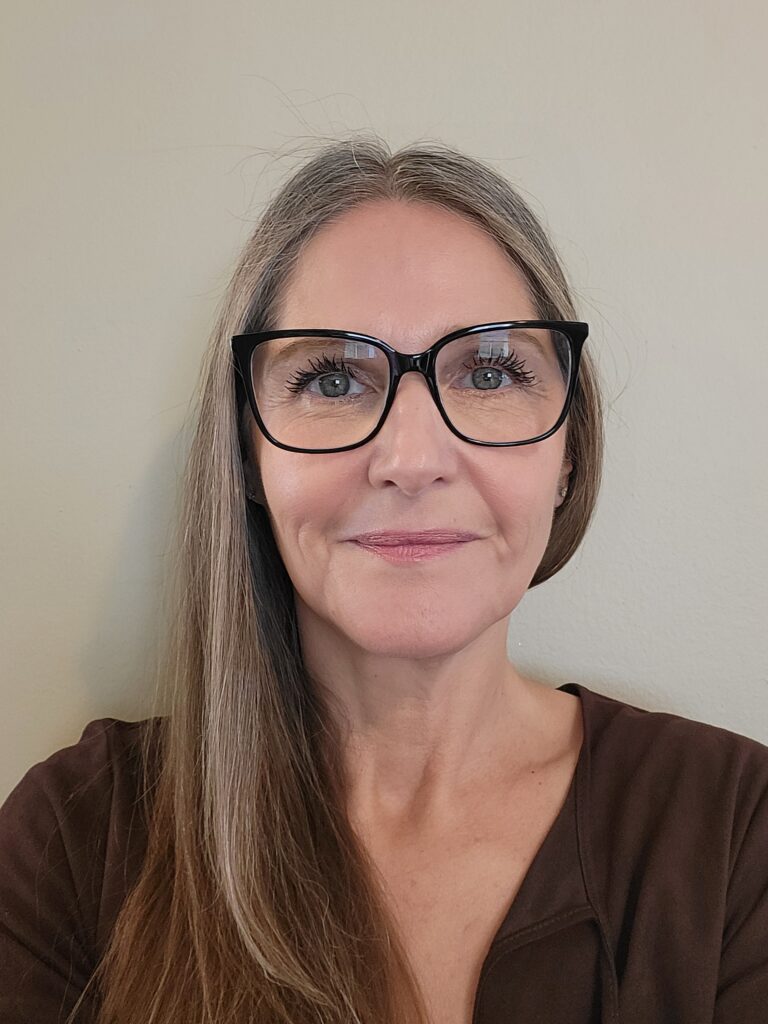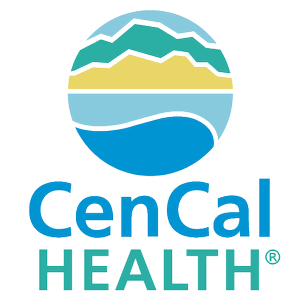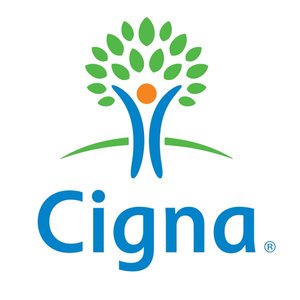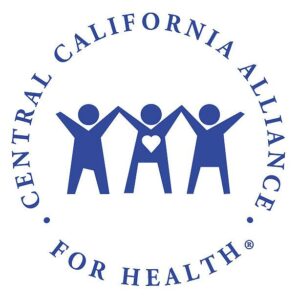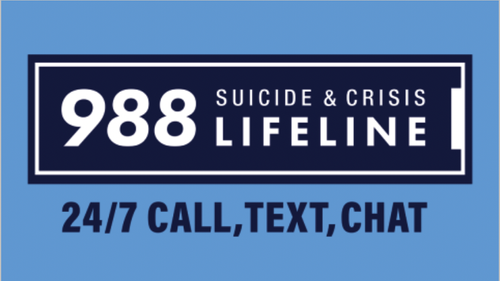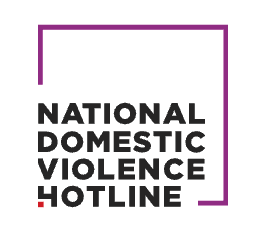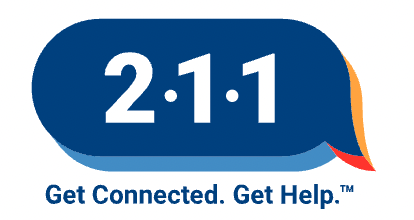Online Treatment for PTSD & Trauma
Get Help for Your PTSD
Take control of your life with individually tailored therapy to treat your PTSD.

Therapy for PTSD
How PTSD & Trauma Affects People
Untreated trauma and PTSD can have negative effects on various aspects of an individual’s life, including:
- Emotional Distress
- Impaired Relationships
- Occupational and Academic Challenges
- Physical Health Issues
- Substance Abuse
- Self-destructive Behavior
- Diminished Quality of Life

Our Approach to PTSD Therapy
How We Treat PTSD & Trauma
At Bridges Therapy, we create individualized treatment plans for individuals suffering from PTSD & trauma. Some common types of trauma include:
Acute Trauma
Acute trauma refers to a single traumatic event, such as a car accident, natural disaster, or assault.
Chronic Trauma
Chronic Trauma, also known as complex trauma, involves repeated or prolonged exposure to traumatic events, often occurring within interpersonal relationships, such as ongoing abuse, neglect, or living in a war zone.
Interpersonal Trauma
Interpersonal trauma is a type of trauma occurs within relationships and includes experiences such as physical, emotional, or sexual abuse, domestic violence, or bullying.
Developmental Trauma
Developmental Trauma refers to traumatic experiences that occur during childhood and can have long-lasting effects on emotional, cognitive, and social development.
Vicarious Trauma
Vicarious Trauma occurs when individuals are repeatedly exposed to traumatic events indirectly, such as through their work with trauma survivors or by witnessing traumatic events.
Collective Trauma
Collective Trauma refers to trauma experienced by a group of individuals, such as a community or society, due to events like natural disasters, acts of terrorism, or war.
Medical Trauma
Medical Trauma encompasses traumatic experiences related to medical procedures, chronic illness, or severe medical conditions, which can have significant emotional and psychological impacts.
Meet Our Clinicians
Client FAQs
Frequently Asked Questions
What is the primary cause of trauma or PTSD?
The primary cause of trauma or PTSD is exposure to an event or experience that is perceived as extremely distressing, overwhelming, or life-threatening. This can include incidents such as physical or sexual abuse, accidents, natural disasters, violence, combat, or any situation that poses a significant threat to an individual’s physical or psychological well-being.
Trauma can also result from ongoing or chronic exposure to adverse circumstances, such as neglect, chronic illness, or living in a war zone. The impact of trauma can vary depending on individual factors, resilience, and available support systems.
How common is trauma & PTSD?
Trauma and post-traumatic stress disorder (PTSD) are relatively common. The prevalence rates can vary depending on the population studied and the specific traumatic events considered.
According to the American Psychiatric Association (APA), about 6.8% of adults in the United States experience PTSD in their lifetime. Among individuals who have been exposed to specific traumatic events, such as combat veterans or survivors of sexual assault, the rates of PTSD may be higher.
It’s important to note that these statistics are approximate and can vary across different populations and geographic regions.
What are the treatment options for trauma/PTSD?
Treatment options for trauma/PTSD include therapy, medication, or a combination of both. Therapeutic approaches such as trauma-focused cognitive-behavioral therapy (TF-CBT), eye movement desensitization and reprocessing (EMDR), and prolonged exposure therapy (PE) are commonly used.
How long does treatment for trauma/PTSD take?
The duration of treatment can vary depending on individual factors and the nature of the trauma. Some individuals may see improvements in a few months, while others may require longer-term therapy. The treatment length is determined on a case-by-case basis.
Can trauma/PTSD be completely cured?
While complete eradication of trauma/PTSD is not always possible, treatment can significantly reduce symptoms, improve coping mechanisms, and enhance overall well-being. Many individuals experience substantial recovery and learn effective strategies to manage their symptoms.
Do I need to talk about the traumatic event in therapy?
In trauma-focused therapy, discussing the traumatic event is often a crucial component. However, therapists are trained to create a safe and supportive environment, proceeding at a pace that feels manageable to the individual.
Therapeutic approaches also focus on building coping skills and addressing related symptoms beyond directly discussing the event.
Can medication help with trauma/PTSD?
Medication can be beneficial in managing certain symptoms of trauma/PTSD, such as depression, anxiety, or sleep disturbances. Antidepressants, specifically selective serotonin reuptake inhibitors (SSRIs), are often prescribed to alleviate symptoms. Consultation with a healthcare professional is essential to determine if medication is appropriate.
Is therapy the only treatment option for trauma/PTSD?
Therapy is a primary treatment option for trauma/PTSD, but it may be combined with medication or other adjunctive treatments. Therapeutic approaches are tailored to individual needs, and healthcare professionals can provide a comprehensive treatment plan.
How effective is therapy for trauma/PTSD?
Therapy has been shown to be highly effective in treating trauma/PTSD. Evidence-based therapies like TF-CBT, EMDR, and PE have demonstrated positive outcomes in symptom reduction, improving functioning, and enhancing overall quality of life for individuals with trauma/PTSD.
What if I have tried therapy before and it didn't work?
It’s possible that a previous therapy approach may not have been the right fit for your specific needs. It can be beneficial to try different therapeutic modalities or seek out a therapist with expertise in trauma/PTSD. Finding a good therapeutic fit is essential for effective treatment.
Client Reviews
I would just like to say that I am very grateful and very blessed to have found Bridges Therapy. It has been so helpful and so supportive and so wonderful so far, so thank you!!
”The intake process was much quicker and smoother than I had imagined it would be.
”Even though the intake process was via email, it was easy because of the clarification. The directions were clear in what information I needed to provide.
”I am very satisfied with my therapist. She does an amazing job understanding what I have to say and she gives amazing feedback as well which really helps me a lot. She is so incredible and so nice.
”I like that Laura & Anne were available when we called & answered our calls right away!
”I am very satisfied with the Client Care Department! In the very beginning when I needed it most they were very helpful, understanding and empathetic to my needs.
”







